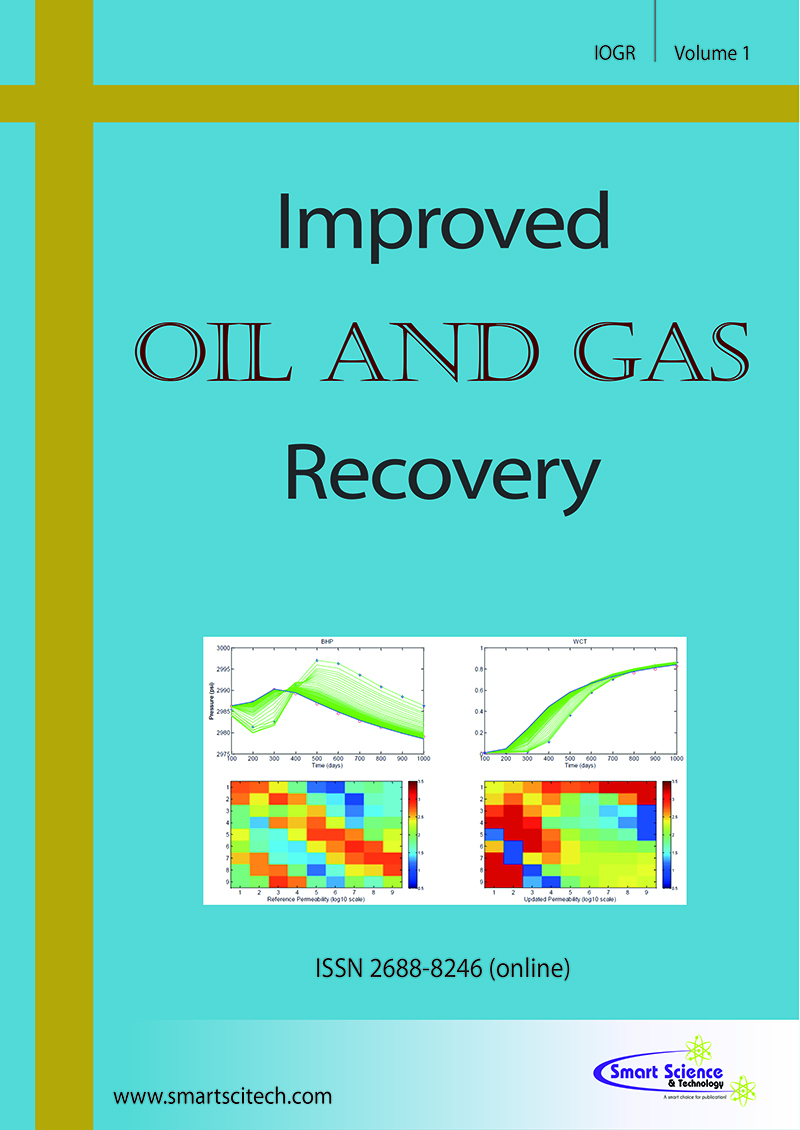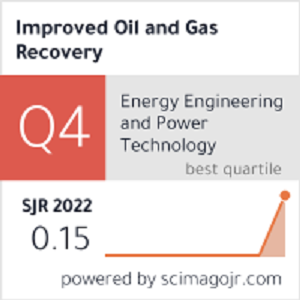A Comparative Study on Different Machine Learning Algorithms for Petroleum Production Forecasting
DOI: 10.14800/IOGR.1205
Abstract
In recent years, machine learning and its subset, deep learning, have been quickly developed and applied with great success in various areas of petroleum engineering. Different machine learning algorithms for petroleum production forecasting are studied in this work for efficiency comparison. Historical production data from an oil well currently producing in the oilfield X, Southern Vietnam has been first pre-processed to construct eight different predictive models for production forecast on the oil well under consideration. The algorithms under consideration in this work are: (1) the classical machine learning algorithms including Random Forest, Gradient Boosting, k-Nearest Neighbor, Support Vector Regression; and (2) the deep learning algorithms including Multilayer Perceptron, Convolutional Neural Network, Long Short-Term Memory and Gated Recurrent Unit. The results from this comparative study show that in spite of their simplicity, some classical machine learning algorithms, especially the Support Vector Regression shows its high efficiency in performing the prediction tests. In addition, it can be found from this work that pre-processing of the historical production data is crucial to the success of the application of artificial neural networks to production forecasting.
Downloads
Published
How to Cite
Issue
Section
License
Copyright (c) 2022 The Author(s)

This work is licensed under a Creative Commons Attribution 4.0 International License.












